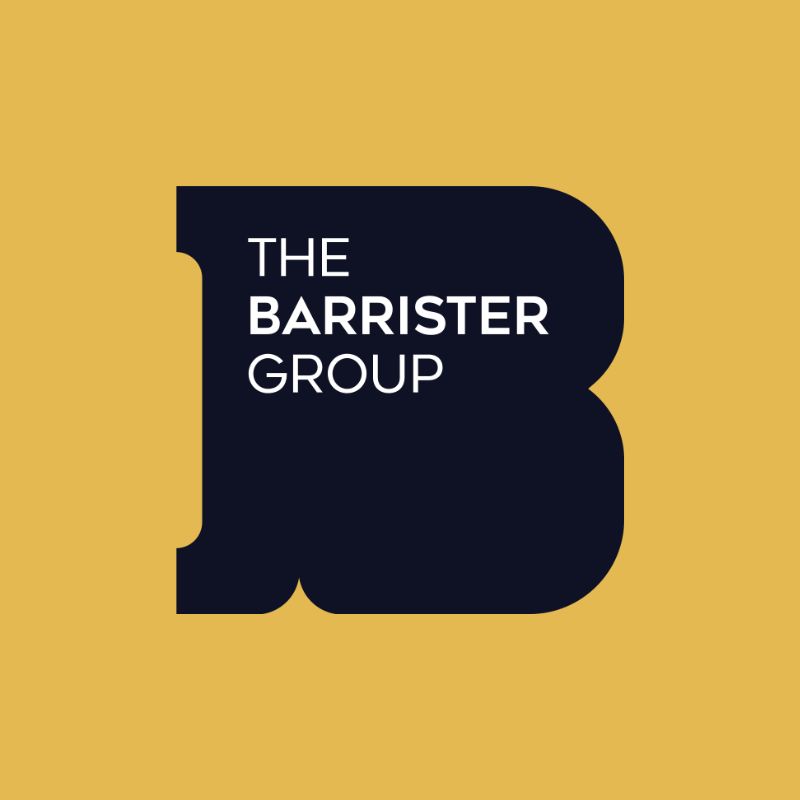Barriers to the Bar: A Journey from Solicitor to Barrister

February 28, 2024

In the world of law, the path to becoming a barrister is often described as a challenging yet rewarding journey. However, for many aspiring legal professionals, the road can contain obstacles that can seem overwhelming and insurmountable.
Using an anonymous actual story, we delve into the experiences of an individual who embarked on the process of transferring to the Bar as a practising solicitor advocate of England and Wales, shedding light on the struggles and delays that pave this career route. Our protagonist had been practising as a solicitor advocate for over a decade having been admitted to the Roll of Solicitors in 2009.
To first set the scene, it’s worth noting that the major part of the usual traditional training for both solicitors and barristers has been the same with the 3 year degree or 1 year conversion degree (or part time equivalent). The traditional pathways then diverge with both taking a one year post graduate course and aspiring solicitors then undertaking a 2 year work based component with aspiring practising barristers undertaking a one year work based component.
In light of this, one would expect that transferring between the regulated professions should be far easier than starting from scratch. As the story unfolds, you will see that this is not the necessarily the case!
The saga begins in August 2021 when they made contact with us to ask our advice on transferring to the Bar; we advised that the only way to guarantee that there was no requirement to undertake pupillage (and join the throngs attempting to secure this) was to apply with higher rights in all courts. So, in November 2021 our aspiring barrister sat the civil higher rights of audience examination, having already obtained their criminal higher rights of audience in 2018. This should have marked a smooth passage for their transition to the Bar, but little did they know that a series of challenges littered the way.
Having passed the exam, in May 2022, the Solicitors Regulation Authority granted our protagonist the civil higher rights of audience certificate: a significant milestone in their pursuit of a new career. However, unexpected adversity presented itself in the Bar Standards Board’s website falling victim to a cyber-attack in April 2022. This hindered the aspiring barrister from submitting their transfer application until December 2022.
Frustration mounted for the individual as the BSB did not address their application until June 2023, following the filing of a complaint. Only then did the wheels of progress begin to turn, with the BSB granting full waivers for both the vocational and pupillage stages. The only step remaining was to be Called to the Bar. Unbeknown to the applicant, the BSB had in April 2023, transferred responsibility for deciding waivers on any Qualifying Sessions to the Inns of Court.
Despite the setbacks, the determined barrister-to-be joined an Inn of Court in June 2023. However, the challenges continued as their application for waivers for two qualifying sessions lay forgotten in administrative limbo. A crucial oversight delayed the Inn’s submission of the waivers to the Inn’s Panel until October 2023. The waivers were eventually granted.
The aspiring barrister managed to secure six qualifying sessions between October and December 2023. This was an achievement in itself given that the number of candidates applying for these sessions means that they are often booked within minutes of going live. Our hero was fortunate that they secured a waiver for two, and could complete the qualifying sessions remotely, eliminating the need for time-consuming and expensive journeys to London. This was another challenge, given that many of the Qualifying Sessions take place in London and our applicant is Midlands based. Others on this same journey may not be so fortunate, finding themselves compelled to sacrifice time and financial resources in pursuit of the same goal; inevitably this typical onus of travel disproportionately affects those with fewer means or with full time roles.
The finish line was in sight for our individual, with a mere two qualifying sessions remaining to be completed in the new year, with the ambition that these be completed by the first week of March 2024. They hope to be called to the Bar by the end of March 2024 – some 2.5 years after initially taking the civil higher rights of audience examination.
The financial toll of this career decision is not insignificant. Expenses include around £1500 for each higher rights of audience exam; an additional £125 for the BSB application; and another £125, plus £11 for each remote qualifying session, payable to the Inn. These costs, coupled with the prolonged timeline, emphasise the financial and emotional investment required to overcome the barriers to the Bar.
As we reflect on this journey, it is essential to recognise the resilience and determination displayed by this individual in the face of bureaucratic challenges and systemic inefficiencies. Their story serves as a stark reminder that, despite the legal profession's commitment to justice, the path to the Bar remains fraught with complexities that demand reform.
In terms of practical impacts, this aspiring barristers has faced a 2.5 year delay to their business plans and has left them feeling in limbo for that time period. Coupled with the unconnected but relevant diagnosis of a neurodivergent condition during this timescale, we’re sure you can appreciate the personal toll this experience has taken on the individual.
In recounting this narrative, we hope to raise awareness about the hurdles faced by those seeking to transfer to the Bar of England and Wales. By shining a light on these challenges, we contribute to the ongoing conversation about accessibility and inclusivity within the legal profession, urging those with the power to exact change to streamline processes and create a more navigable route for aspiring barristers.
We are told that numbers of those wishing to transfer to the Bar has increased significantly, no doubt in response to the regulators’ calls for an increasingly diverse Bar which represents the society it represents. We also recognise that the BSB has recently added resources to deal with the increase in applications from transferring qualified lawyers and hopefully this will help to reduce the backlog.
However, surely it is important to ensure that the profession answers those calls with open arms to suitable candidates rather than with more bureaucracy.
A quote from the Diversity Trust springs to mind:
“Diversity is being made part of the team, but inclusion is being able to play on the day.”
Anonymous experience written up by Molly Egan, Professional Standards Officer.



